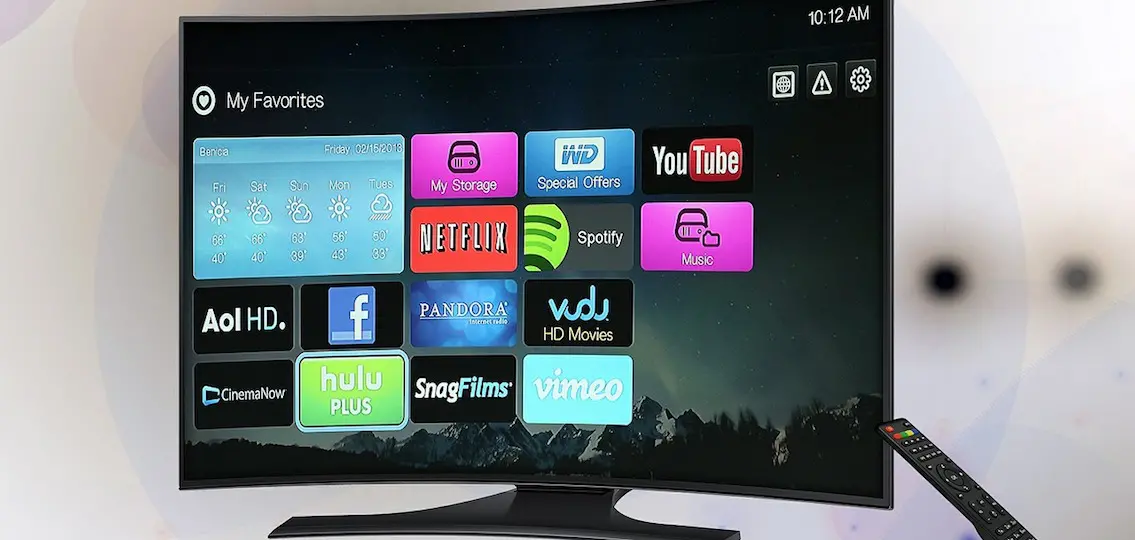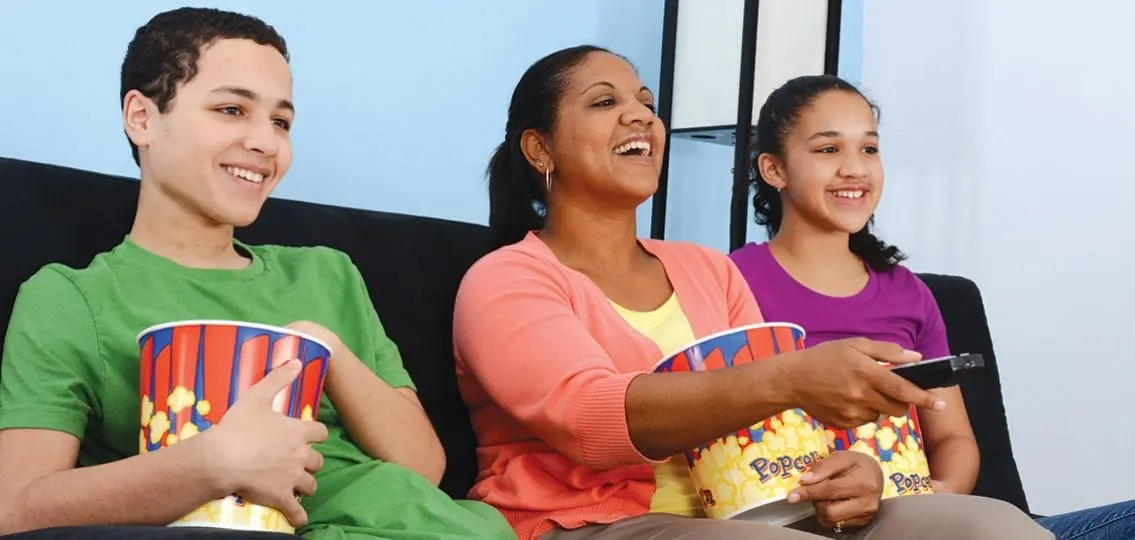Based on the number of commercial jingles I can recall from 1970s and ‘80s television, I think it’s safe to say that my siblings and I consumed a fair amount of television growing up. With only three major network channels, you would think it would have been easy to build a consensus on what to watch. Au contraire, mon frère! A family watching tv together is always a struggle.

DVR And Sibling Conflict Resolution Skills
Being the youngest of five kids, my favorite show—Little House on the Prairie—was routinely nixed in favor of something more appealing to my older siblings, like Mannix or Emergency! And don’t even get me started on changing the channel. We had to get out of the chair, which meant losing your prime position in the “good” chair.
If only the magic of the DVR had been available to us, preventing the inevitable squabbles that resulted in my mother snapping off the TV and announcing that it was time to vacate the premises (so she could watch The Mary Tyler Moore Show.) Instead, we had to learn how to negotiate with one another in terse whispers to keep our TV watching habits off the radar.
Did Technology Kill Negotiating Skills?
Now, thanks to Netflix and the DVR, everyone wins. You can watch whatever you want, whenever you want, wherever you want. On long car trips, gone are the days of bickering about who gets to pick the radio station. Everyone can plug into their own device and disappear into their own world. Sure, we could be the family who listen to Harry Potter for 17 hours straight, but that never happens.
I do sometimes wonder if what we’ve gained in sibling harmony, we have lost in terms of conflict resolution skills. My kids will never know the skillful quid pro quo of “I’ll trade you a half hour of the good chair for an episode of the Rockford Files,” or “You get shotgun for a week if I can watch The Love Boat on Saturday night.”
Higher level negotiating might even have involved taking someone’s week to set the table or fold the socks in the laundry basket. (Hey, a family of seven wears a LOT of socks. That was no small task.) And let’s not underestimate the ability of a quick game of “Rock, paper, scissors” or a thumb war to resolve those pesky viewing disputes. I’m pretty sure my kids have never employed any of these strategies or persuasive tactics to settle their differences.
Bonding Over Shared Viewing
Something else that the evolution of television has wrecked: the ability to bond over a shared viewing experience. With the massive number of viewing options to choose from, there’s no longer the urgency to watch the same thing all of your friends are watching at the same time. Who would have wanted to miss Evil Knievel attempting to jump the Snake River Canyon? Or missing the final episode of M*A*S*H? You would have been an absolute pariah at school the next day. Not knowing the latest plot twists of Miami Vice? Unthinkable!

Instead of this type of shared national viewing experience, my teens bond over their favorite Vines, memes, or YouTube personalities. None of which I can understand or relate to. Oh, wait—maybe things haven’t changed that much after all. Oh, well. At least they still have to fight me for the good chair.



